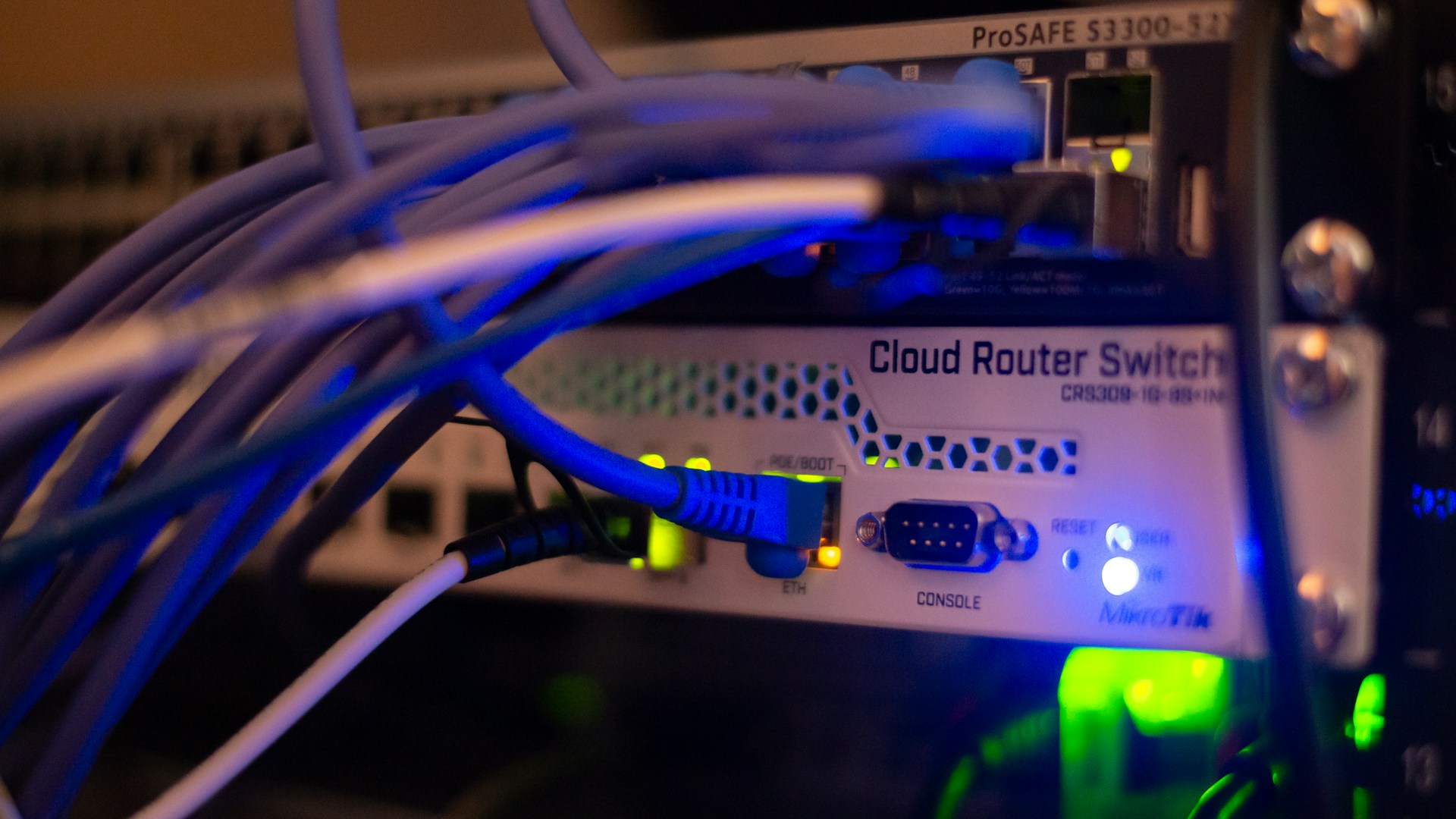As AI chatbots like ChatGPT become more integrated into everyday life, the sheer volume of user requests they handle daily is staggering. According to energy analysts, these interactions may be responsible for up to 2% of global energy consumption—a figure that highlights just how resource-intensive AI technologies can be.
One surprising contributor to this high energy usage? Polite language. Users who include phrases like “please” and “thank you” in their messages are, perhaps unknowingly, consuming more electricity than necessary. As a result, the CEO of ChatGPT’s parent company has claimed that these courtesies are costing millions of dollars in energy expenses.
Why Do Users Say “Please” and “Thank You” to AI?
A study conducted by Future in December 2024 sought to understand why so many users speak to AI systems with such politeness. Several motivations were identified:
-
Habit and basic decency
-
Fear of a future AI uprising
-
A belief that politeness improves AI responses
-
Efficiency and time-saving assumptions
The most significant finding was that politeness often stems from habit. In the survey, 82% of users in the U.S. and 83% in the U.K. reported saying “please” and “thank you” out of routine, rather than necessity or strategy.
But the study also uncovered more complex reasons. Some users admitted to being cautious, treating the AI kindly in case it “remembers” them or plays a greater role in the future. Others believe that polite inputs lead to better responses, while a few simply aim to streamline the interaction, hoping the AI will better understand a well-structured request.
What Does ChatGPT Say?
When asked whether such politeness affects performance, ChatGPT itself confirmed that it doesn’t require courteous language to function effectively. From a technical standpoint, the inclusion of “please” or “thanks” has no influence on the chatbot’s ability to deliver accurate or helpful responses.
However, this doesn’t stop people from doing it. Roughly 70% of users reportedly greet the AI with “hello” or include courteous phrases in their messages. Interestingly, not all of them do it purely out of politeness—fear and superstition also seem to play a role.
Is It Time to Change Our Approach?
With the growing demand for AI tools and increasing concerns about their environmental impact, some experts suggest that users should be more mindful of how they interact with these systems. While it may seem harmless, unnecessary words do add to the processing load—and by extension, energy use.
Of course, the social dynamic between humans and machines is still evolving. For now, many users seem comfortable treating AI like a polite conversation partner—even if it means running up an invisible energy bill in the process.



